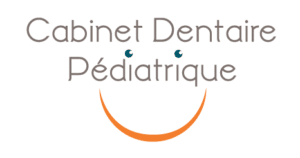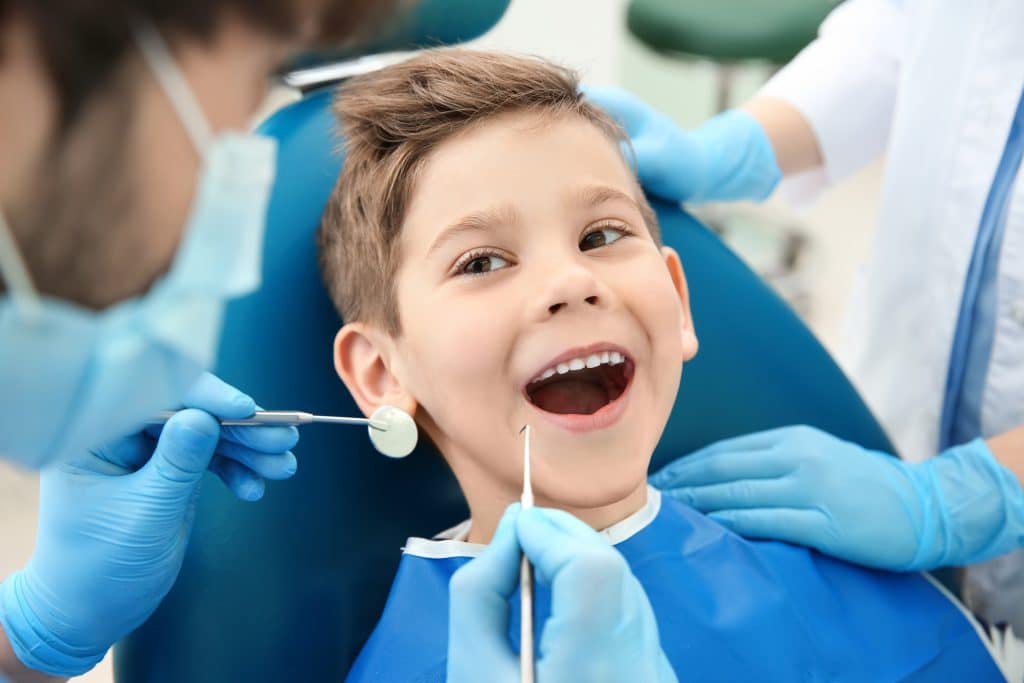MIH is a dental disease that affects some young children and requires complex medical management.
Find out everything you need to know about the medical management of MIH and the financial support available.
What is the MIH?
MIH (molar incisor hypomineralisation) is a disease that affects the enamel of the first permanent molars in children. It can also affect the permanent central incisors when the child is about six years old.
This condition is relatively uncommon and affects an average of two in ten children in France.
The causes of IHD are still unknown. Experts agree, however, that external factors leading to a disturbance in dental development contribute to this dental disease.
IHD is not a hereditary condition.
The consequences of MIH
The consequences of MIH that is not managed by a specialist include
- Appearance of white to yellow/brown spots on the affected teeth,
- Loss of dental tissue,
- Hypersensitivity of the teeth to heat and cold,
- Pain when brushing teeth,
- Very high increase in the risk of developing caries,
- The child's discomfort caused by the unsightly appearance of the affected teeth.
Steps in the management of MIH by the dentist
The treatment of IHD is difficult and requires many visits to the dentist. The treatment starts with the diagnosis of the disease, followed by the choice and implementation of the appropriate treatment and finally a regular follow-up of the patient.
The diagnosis of MIH in children
It is strongly recommended that children visit the dentist as soon as they reach the age of six. This is the age when the baby teeth start to fall out.
IHD is a disease that is not always easy to detect for parents. It is usually detected during a check-up visit to the dentist.
MIH is a relatively fast-growing condition. The later the condition is diagnosed by a dentist, the more complex the treatment.
The choice of treatment
It is best to visit a paedodontist to treat MIH in a child. The paedodontist is specialised in children's dental care and is able to offer orthodontic as well as therapeutic support.
As MIH requires many interventions, it is important to keep the child as calm as possible and reduce the pain so that the child does not develop a phobia of the dentist.
In practice, the dentist performs several dental procedures to treat the teeth affected by MIH:
- Application of fluoride every 6 months,
- Filling of grooves, pits and fissures in molars,
- Stain treatment,
- Care of a cavity.
Regular monitoring of the child
The child should visit the dentist every three to six months to monitor the development of MIH and the effectiveness of the treatments applied.
X-rays show the development of MIH on the affected teeth. Follow-up must include acclimatisation sessions to reassure the child and make it easier for him/her to accept the treatment.
Parents should check that the child brushes well after each meal and limit the consumption of foods that damage tooth enamel.
Coverage of MIH by social security and mutual health insurance companies
All consultations with a dentist are covered by the health insurance system and reimbursed at 70% on the basis of the conventional tariffs applied. The patient is therefore reimbursed €16.10 for a consultation costing €23.
Reimbursement of dental care
Health insurance covers all conservative and surgical dental care. These treatments are reimbursed at 70% on the basis of the conventional rates.
The application of fluoride and the filling of grooves are two dental procedures that are regularly performed for the treatment of MIH.
Fluoride application is reimbursed at 70% for children aged six to nine years, only in cases of high risk of caries development and twice a year.
Filling of grooves is reimbursed at 70% for children under the age of 14 and only once per tooth.
Mutual insurance companies allow you to supplement the reimbursements of the Social Security and the extra fees. Depending on the formula chosen, your mutual health insurance company will pay for part or all of the dental care.
Individual financial aid
Households on low incomes can obtain financial assistance from the health insurance system to supplement the above-mentioned reimbursements.
The households concerned can apply by sending a file to their health insurance fund. The application is then analysed by a commission which accepts or rejects the request for financial assistance.


